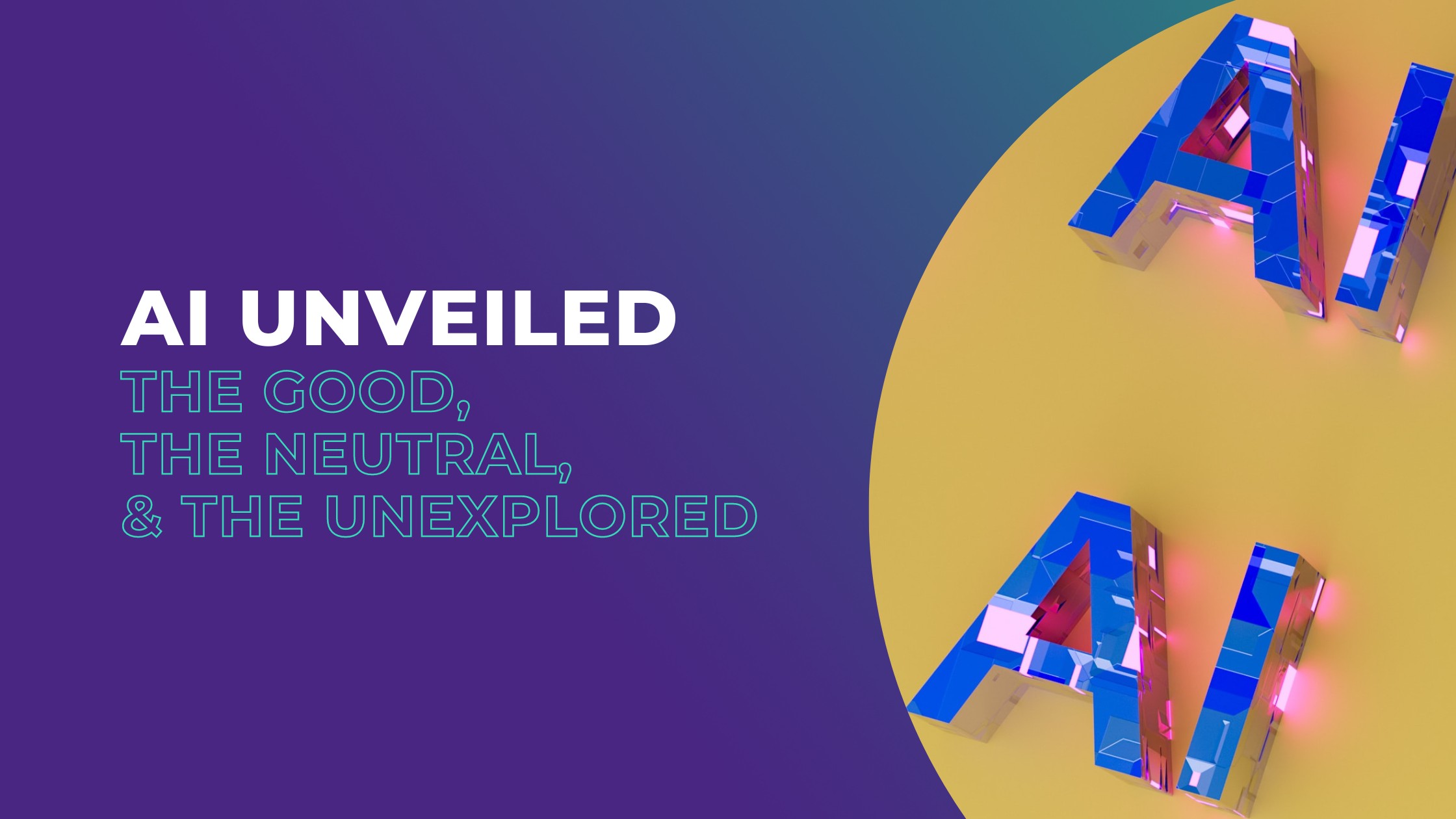AI Consumer Opinions
Discover the latest AI consumer opinions, and gain insights into consumer’s experiences and concerns with artificial intelligence.

Artificial intelligence (AI) has become an integral part of our daily lives, from the tasks assigned to voice assistants like Alexa and Siri to the self-driving technology powering autonomous vehicles. AI has transformed the way we interact with technology, and its potential to disrupt traditional industries.
Given its transformative nature, it is essential to gauge the opinions and experiences of consumers who interact with AI. With OnePulse, we have delved into recent innovations and consumer perspectives to bring you the latest opinions that are shaping the future of AI.
Understanding AI Chatbots
A recent survey of 750 Americans found that 55% of respondents have ventured into the realm of artificial intelligence, marking a significant leap toward a tech-driven future. However, a whopping 44% of respondents had negative experiences or remained untouched by the AI wave. This highlights the urgent need for consumer education to bridge the gap and dispel any concerns surrounding AI.

Zooming in on those who have dared to dance with AI chatbots, we discover a puzzling pattern. Nearly half, 48%, confessed to only occasional encounters with AI. Could it be that the current state of AI has failed to cast its spell completely?
On a positive note, a remarkable 38% sang praises of their experiences, revealing the untapped potential that AI holds. Imagine AI chatbots that go beyond mere scripted responses, evolving into personalized companions. As AI continues to forge ahead, building trust and loyalty may become natural outcomes as the technology becomes more human-like.
Mixed Bag of Consumer Opinions
When consumers were asked to rate their encounters with AI, opinions were divided. While 37% of respondents reported a positive experience, 34% remained nonchalantly neutral. Surprisingly, a significant 44% of respondents had never interacted with AI, emphasizing the importance of widespread awareness and accessibility.
However, 39% said privacy and security was their top concern, casting a shadow of doubt over the AI landscape. In addition to job displacement, these concerns raise important questions about how AI can be developed and deployed in an ethical and responsible manner.

When asked about their concerns, 75% of consumers expressed worry over the latest developments in artificial intelligence. This fear of the unknown is understandable, given recent reports that suggest AI could replace nearly 300 million jobs.
It’s sort of creepy not knowing if I’m actually interacting with a human or AI chatbot.
US Pulser, Female, 21-24
AI will take over human jobs, therefore potentially ruining the economy
US Pulser, Male, 25-34
I’m concerned about how people can use ChatGPT for other unethical uses.
US Pulser, Female, 35-44
Learning Made Easy or Difficult?
The impact of AI on education has sparked debates. Compared to the 55% who claim to have interacted with AI, only 31% say they’ve interacted with an AI language model like ChatGPT to aid their learning or studying. Although this figure may seem modest, the potential disruption caused by AI language models is evident.
Interestingly, a majority of respondents (52%) adopted a neutral stance when asked if they agreed with the statement, “The best way to combat ChatGPT disruption is by using ChatGPT.” This ambiguity highlights the need for further evaluation of the effects of AI in the education landscape.

When asked about the impact of AI language models on learning new subjects, a significant 66% believed that AI would make learning more accessible and manageable. This optimistic outlook showcases the potential of AI to revolutionize education by providing personalized and adaptive learning experiences. However, 34% expressed concerns that AI language models might make learning more challenging.
This apprehension calls for a balanced approach to integrating AI effectively into educational practices.
Hey AI, write me a conclusion…
The AI landscape is rapidly evolving, and its impact on our daily lives is undeniable. Our survey reveals that while a majority of consumers have interacted with AI, there are still concerns and apprehensions around its use. Privacy and security, job displacement, and ethical considerations are some of the issues that need to be addressed as the technology continues to advance.
However, the potential benefits of AI are significant and cannot be ignored. AI has the ability to transform our lives, from personalized companionship to adaptive and easily accessible education. As we move forward, it is essential to balance the opportunities and challenges that AI presents, ensuring that it is developed and deployed in an ethical and responsible manner.
Related posts

Why wait to hear what your customer is thinking?
It looks like your browser is set to
Click here to view the website in .







